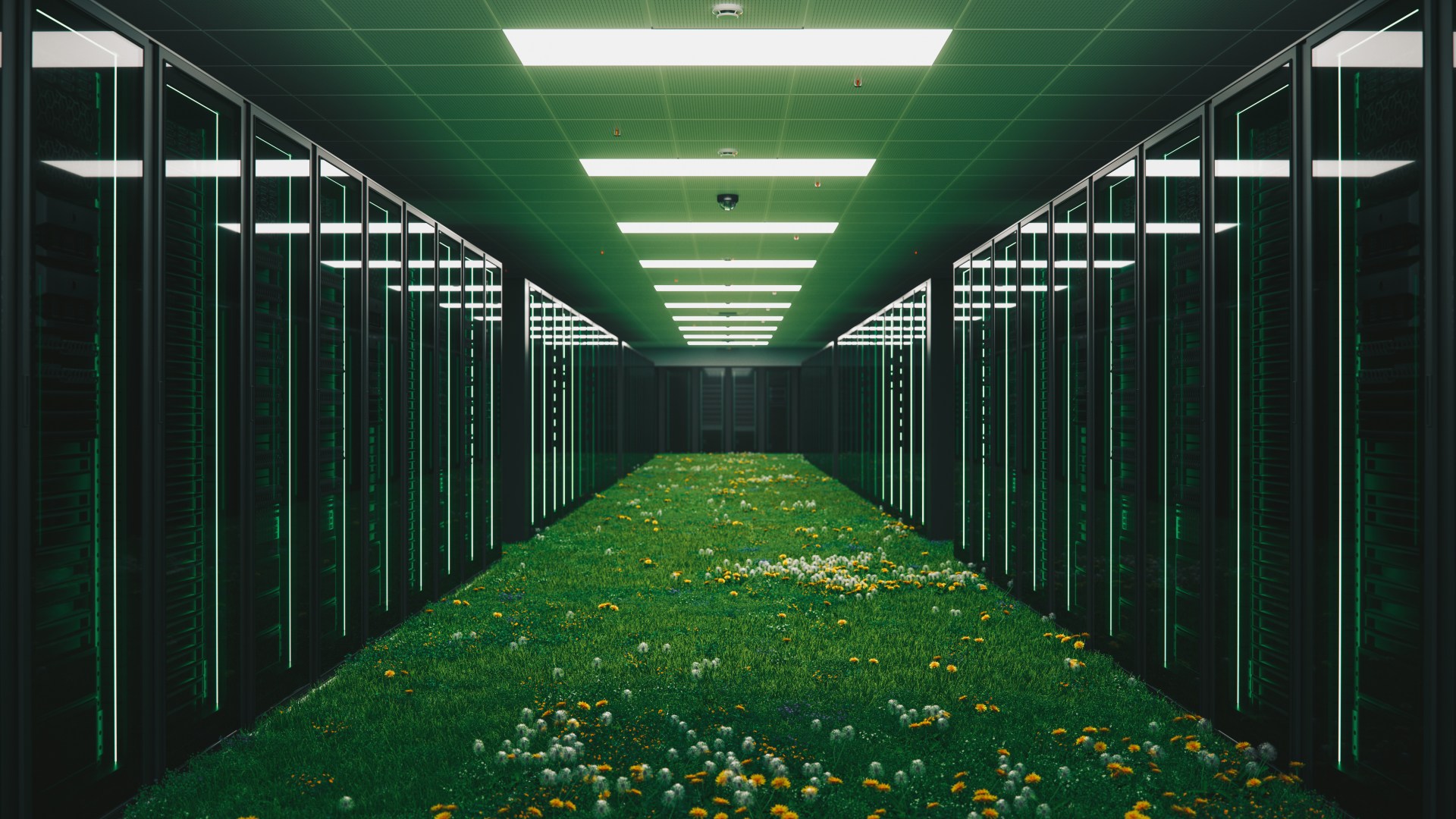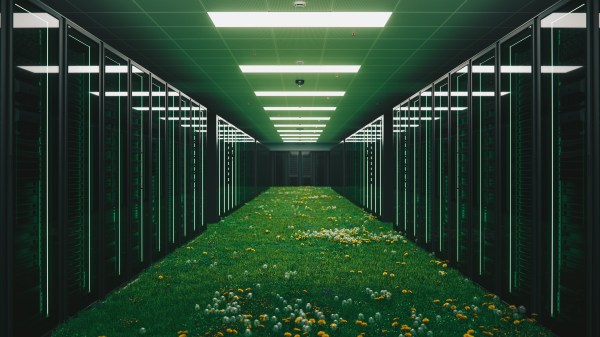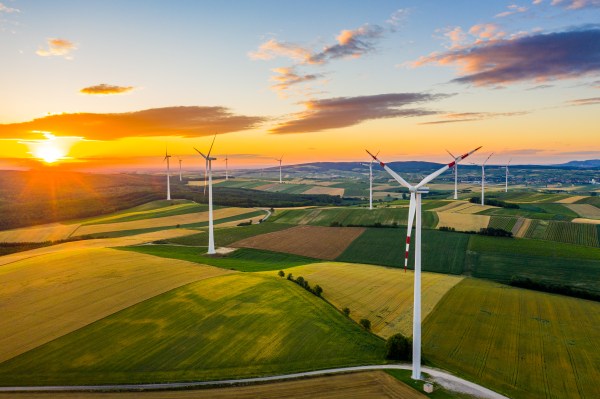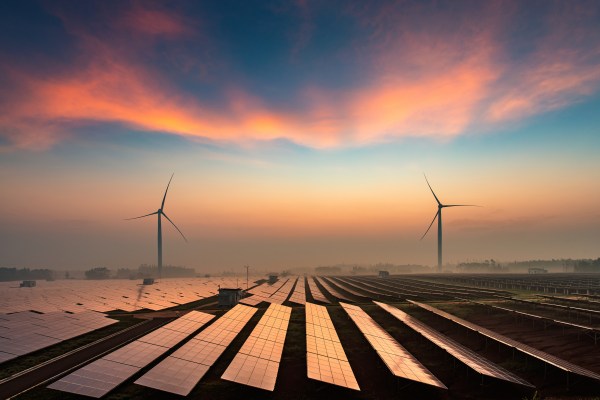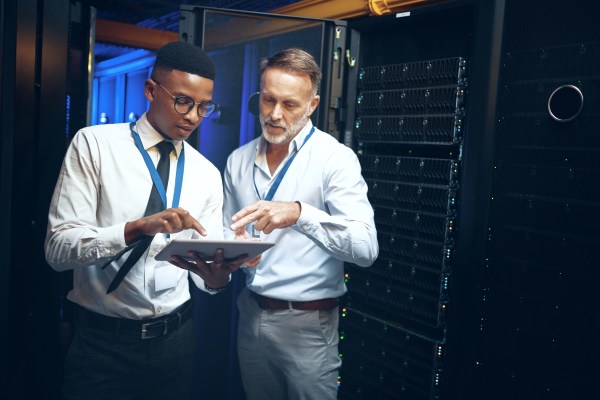All industries need to be sustainable to survive, let alone to thrive. This includes the data center industry. With that in mind, here is a quick guide to data center sustainability practices in the USA.
Renewable energy adoption in data centers
All industries are under pressure to lower their carbon footprint. As you would expect, the industries that use the most energy have been under the most pressure.
Data centers use enormous quantities of energy. They have taken steps to reduce their energy consumption. Realistically, however, there is a limit to how far they can go with this. The next, logical, step, therefore, is to maximize the use of renewable sources.
Leveraging solar and wind power
Solar power stands out as a frontrunner in this movement, with data centers increasingly harnessing sunlight through photovoltaic panels to generate electricity. Notable industry players have embraced solar solutions, showcasing how these facilities can function efficiently while significantly reducing their carbon footprint.
Similarly, wind power has gained traction, tapping into the vast potential of wind energy to power data center operations. This involves the installation of turbines to convert wind power into a clean and sustainable energy source.
Making the most of new technologies
Technological advancements play a pivotal role in facilitating renewable energy adoption in data centers. Energy-efficient hardware, coupled with sophisticated infrastructure designs, ensures optimal utilization of renewable resources. Additionally, smart technologies and innovative energy management systems enable data centers to dynamically adjust their energy consumption based on real-time conditions, maximizing efficiency.
Recycling renewable energy
Another exciting development in data center sustainability is the concept of heat reuse. In essence, the heat generated by data centers is captured and used as heating. This approach is still gaining traction in the USA. It is, however, increasingly used internationally, particularly in Europe and most especially in Denmark.
Denmark hosts numerous data centers for global companies including many from the USA. One of its most famous clients is Meta (Facebook). The US giant already uses its waste heat to warm homes in nearby Odense.
Eco-friendly infrastructure designs
While moving to renewable energy is laudable, even renewable energy comes with an environmental (and financial) cost. It therefore makes sense to minimize the use of energy as much as possible. Eco-friendly infrastructure designs play a key role in this. They also help to minimize other environmental issues such as the generation of waste.
Cool by design
Traditionally, a lot of the energy used in data centers was not used to power the IT infrastructure itself. It was used to keep it cool. This was therefore clearly an area of data center management where improvements could be made.
Now, in-row designs confine heat to smaller areas. In other words, they reduce the overall area of the space that needs to be kept cool. Similarly, modular design ensures that cooling efforts are targeted only where necessary. This further improves energy efficiency (along with scalability and flexibility)
Low-impact cooling systems
Traditional cooling methods in data centers consume significant energy, contributing to environmental concerns. Eco-friendly designs leverage innovative cooling solutions, such as utilizing outside air and implementing evaporation-based cooling systems. Additionally, incorporating cold air containment pods with variable speed fans ensures precise airflow matching server requirements, optimizing cooling efficiency.
Respectful construction
Utilizing recycled materials for building construction (and expansion) and sourcing materials locally helps reduce the carbon footprint associated with transportation. Furthermore, diverting construction waste to nearby landfills minimizes environmental impact.
LEED certification for green data centers
LEED (Leadership in Energy and Environmental Design) certification stands as a pivotal benchmark for green data centers, symbolizing a commitment to environmentally responsible construction and operation. Developed by the US Green Building Council, LEED certification offers three levels: Silver, Gold, and Platinum, with Platinum representing the highest level of sustainability.
LEED certification for data centers
LEED certification for data centers focuses on various aspects contributing to sustainability. An advanced cooling system, utilizing methods like evaporation-based cooling and customized servers operating at higher temperatures, is a hallmark of LEED-certified facilities. This approach aims to reduce energy consumption and enhance overall efficiency.
Improved cooling efficiency, achieved through innovations such as chilled water storage systems, further solidifies the commitment to responsible resource utilization. Real-time monitoring of power usage and analytics-driven operations aid in judicious power allocation, reducing energy waste.
LEED also emphasizes the importance of using clean backup power systems, encouraging alternatives like mechanical flywheels and diesel engines over traditional battery rooms. The integration of renewable energy sources, such as solar power, is a key characteristic of green data centers aspiring for LEED certification.


